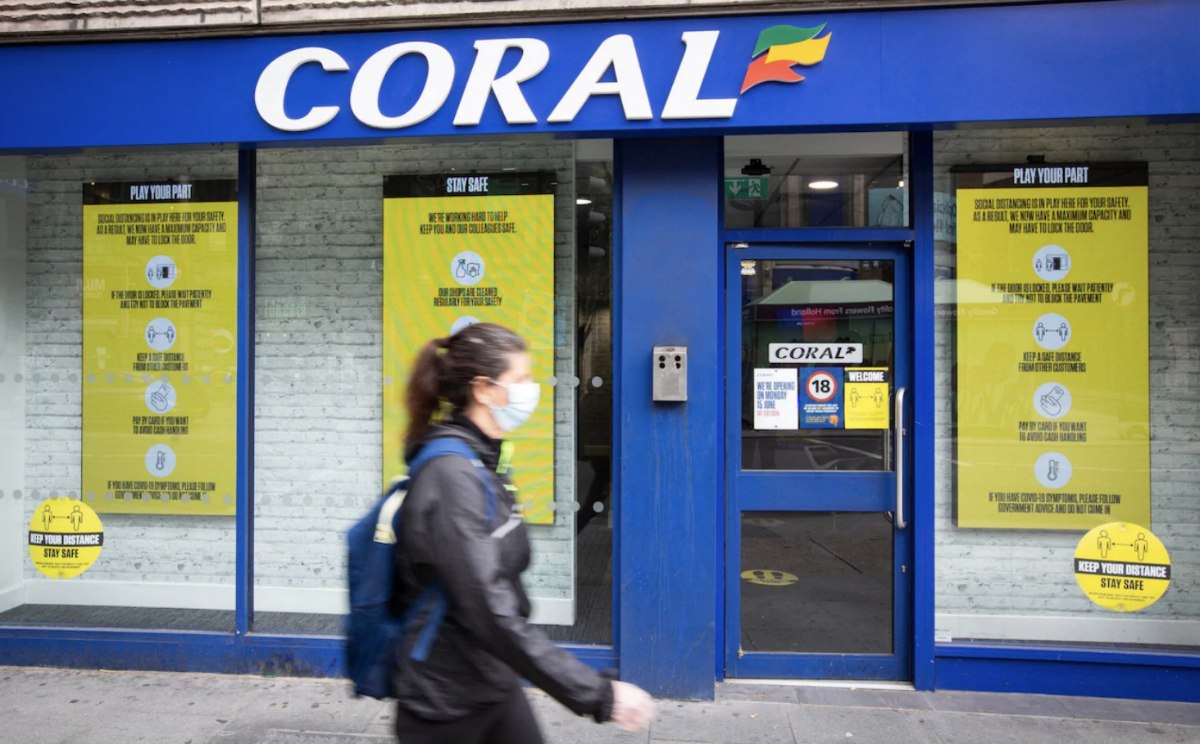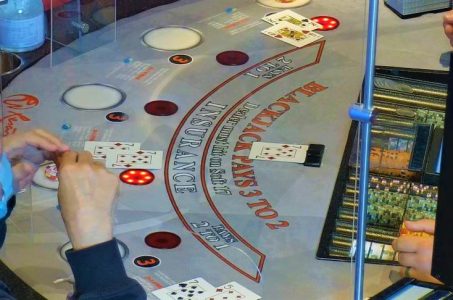UK Parliament Members Pushing for Complete Ban on Gambling Advertising
Posted on: June 15, 2020, 03:59h.
Last updated on: June 15, 2020, 03:23h.
Numerous members of the Parliament of the United Kingdom have unified in an effort to limit gambling advertising.

The coalition includes several influential Members of Parliament (MPs), the Guardian reports. The UK media outlet says the group consists of more than 50 MPs and peers.
The UK Parliament’s House of Commons has 650 MPs. Parliament also currently has 778 Lords Spiritual and Temporal members.
The anti-gambling advertising group is seeking to greatly overhaul Britain’s laws that govern the industry. The coalition plans to introduce numerous proposals tomorrow, including a complete ban on all gambling advertisements online and on television.
MPs involved with the effort have been reviewing what societal harms the UK has incurred because of the country’s broad expansion of gambling over the past 15 years. The industry won £11.3 billion ($14.24 billion) from gamblers last year.
Gaming Revamp
The Gambling Act of 2005 established the UK Gambling Commission (UKGC), and gave the agency the authority to regulate commercial gambling.
The UKGC states five critical mission points: protect the interests of consumers, prevent harm to consumers and the public, raise standards in the gambling market, optimize returns to good causes from lotteries, and improve regulation.
The Parliament alliance seeking to ban gambling ads believes such a policy would better protect at-risk citizens from gambling harm. Along with banning ads online and on TV, the group wants to end player rewards programs that encourage gamblers to bet more, limit online slot machines to a maximum £2 bet, and force gaming companies to conduct financial assessments on players.
They also want the UKGC to have more control over how games are designed, and appoint an ombudsman to resolve disputes.
They [gambling companies] have shown time and time again that they will not effectively self-regulate,” said Labour Party MP Carolyn Harris, a member of the coalition. “Urgent change is needed to stop this industry riding roughshod over people’s lives.”
The 2005 gambling law allowed the gaming industry to freely advertise its products across the country. However, in February of 2019, the UKGC amended its advertising practices to prohibit gambling advertising from running on websites where 25 or more of the site’s traffic comes from children.
Many gambling companies have additionally signed a voluntary pledge to refrain from advertising during daytime sports broadcasts.
Agency Setbacks
In April, reports surfaced that the UKGC would be reducing its number of employees. According to the agency’s most recent financial report, it has 332 full-time staff members.
Critics say the commission is already greatly undersized. The more than $14 billion gaming industry in the United Kingdom is being regulated by an agency that has an annual operating budget of £19m ($24 million).
The commission has yet to reveal the number of job cuts, saying only that the UKGC “will shortly publish our business plan for the next 12 months.”
The most recent Health Survey for England (2018) found that 54 percent of all residents aged 16 and over had gambled within the last year. In 2015, 62 percent of all English people said they had gambled at some point during the past 12 months.
Related News Articles
Most Popular
Las Vegas Overstated F1 Race’s Vegas Impact — Report
Vegas Strip Clubs Wrestle in Court Over Animal Names
Most Commented
-
End of the Line for Las Vegas Monorail
— April 5, 2024 — 90 Comments -
Mega Millions Reportedly Mulling Substantial Ticket Price Increase
— April 16, 2024 — 6 Comments -
Long Island Casino Opponents Love New York Licensing Delays
— March 27, 2024 — 5 Comments -
Nearly Abandoned Mall Outside Vegas Soon to Have Only One Tenant
— March 12, 2024 — 5 Comments
















No comments yet